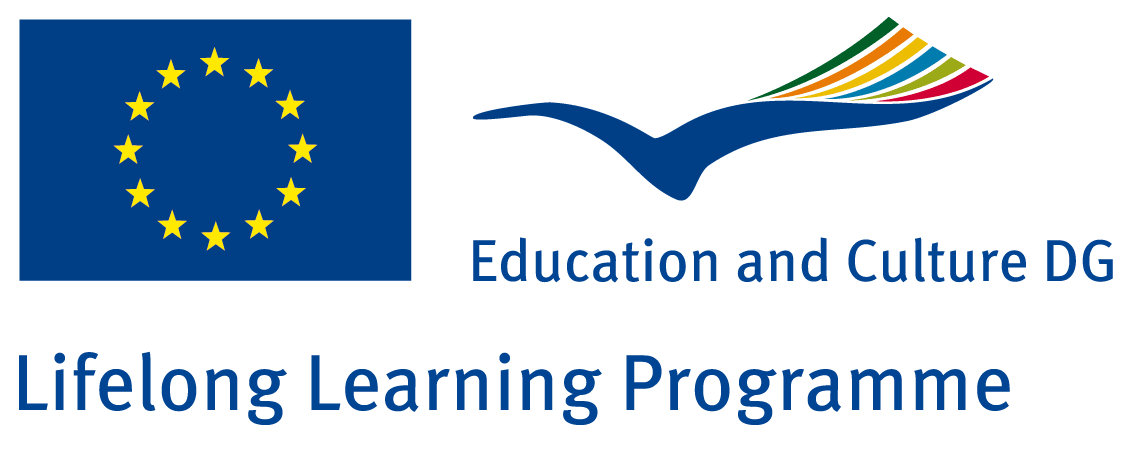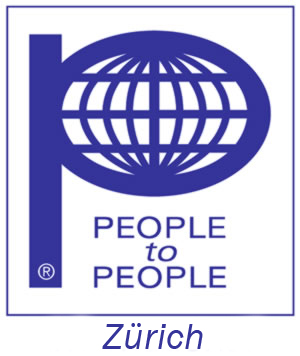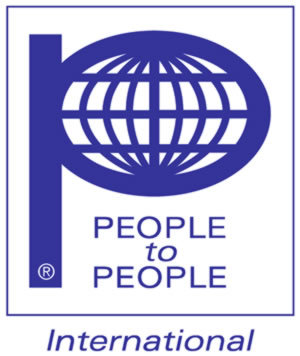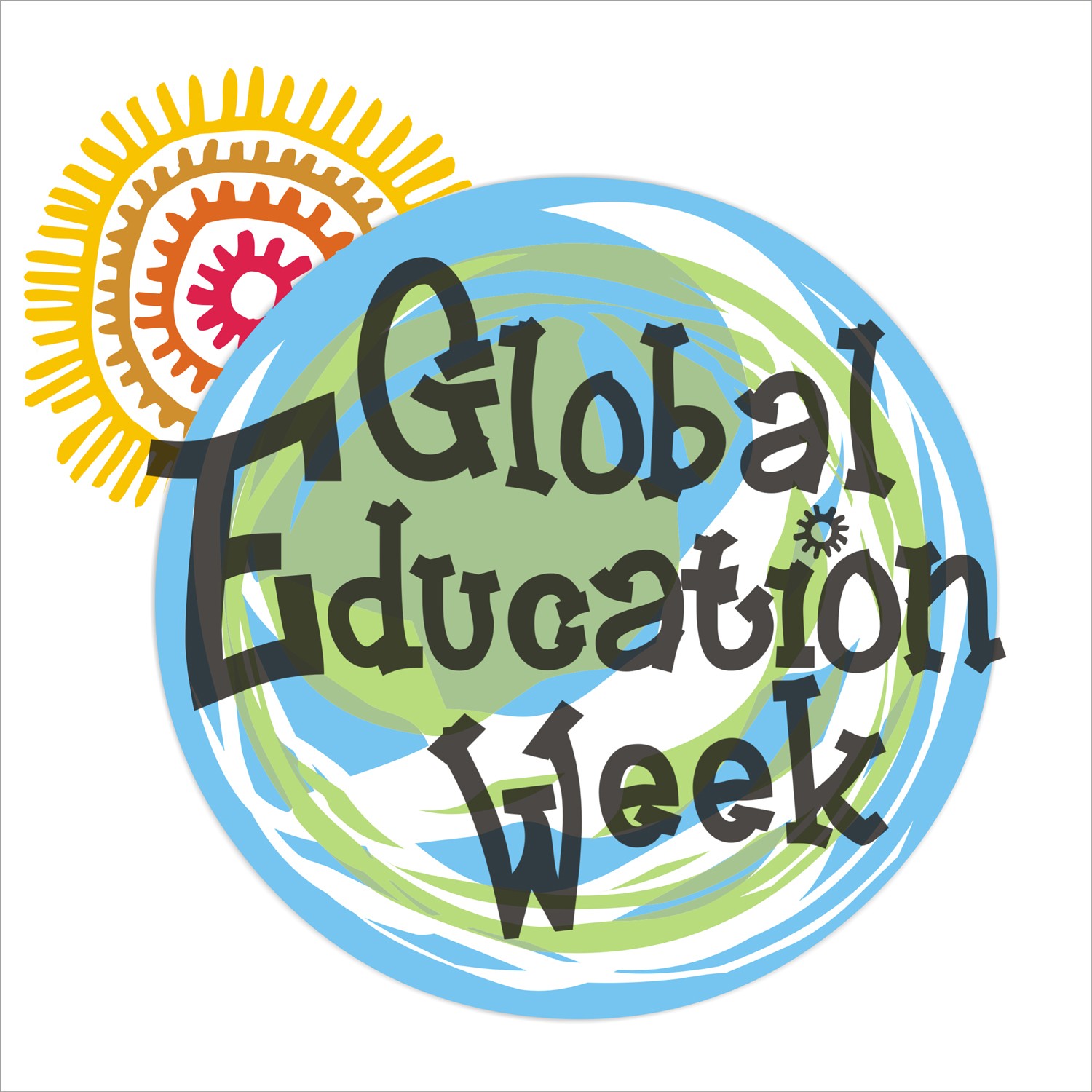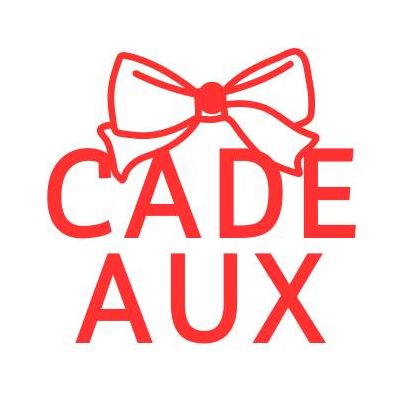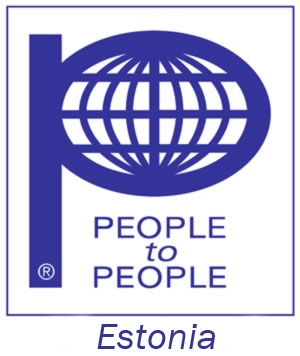Craftsmen and artisan digital empowerment and upskilling in Xmas market
«Craftsmen and artisan digital empowerment and upskilling in Xmas market» is Erasmus+ strategic partnership project (2022-1-PT01-KA220-VET-000086009).
Objectives
This cooperation partnership aims to combine the revival of Christmas European great traditions in craftsmanship fostering digital readiness and making craftsmen ready to answer for the new labour market needs and challenges. We aim to make the Christmas traditional art market more attractive and digitally inclusive for youngsters, unemployed people, migrants and NEET creating new and diverse job opportunities to become digital artisans (makers) capable to find new segments of the market.
Activities
All our project deliverables and activities ( manual, training/learning materials, website and digital tools) and training activities ( LTTA and local pilot training courses ) included in WPs are thought to reinforce digital competencies for young people that are approaching this sector and train low digital skilled artisans in the digital world management o promote by them-self their Xmas creations. We will implement monitoring dissemination and quality control activities.
Impact
In WP2 we will develop the Christmas digital marketing manual. This guide will include two types of instructions, and practical information on how to develop their online business, selecting the tools available, and communication channels. Pilot Training Courses are the result of WP3 the aim of artisans enhancing business, creativity and digital readiness, by applying the resource created through the Christmas Digital Market Manual for craftsmanships.WP4 is dedicated to promoting results.
Partners
Guerreiro & Silveira, Lda, Portugal, coordinator
CLAAI FORM, Italy
Antalya Muratpasa Azize Kahraman Halk Egitimi Merkezi ve ASO Mudurlugu, Turkey
EESTI PEOPLE TO PEOPLE, Estonia
Udruga za prevenciju stigmatizacije i edukaciju teatrom, Croatia
__________________________________________________________________
This project has been funded with support from the European Commission by Erasmus+ Programme. This publication reflects the views only of the author and the Commission cannot be held responsible for any use which may be made of the information contained therein.
